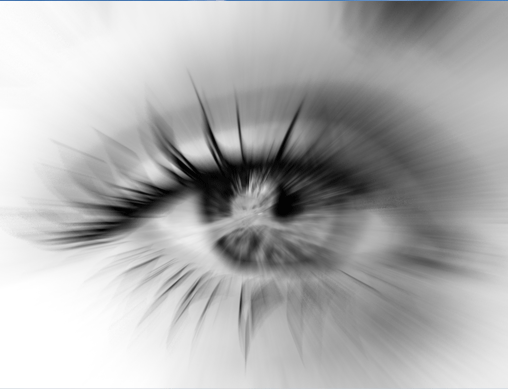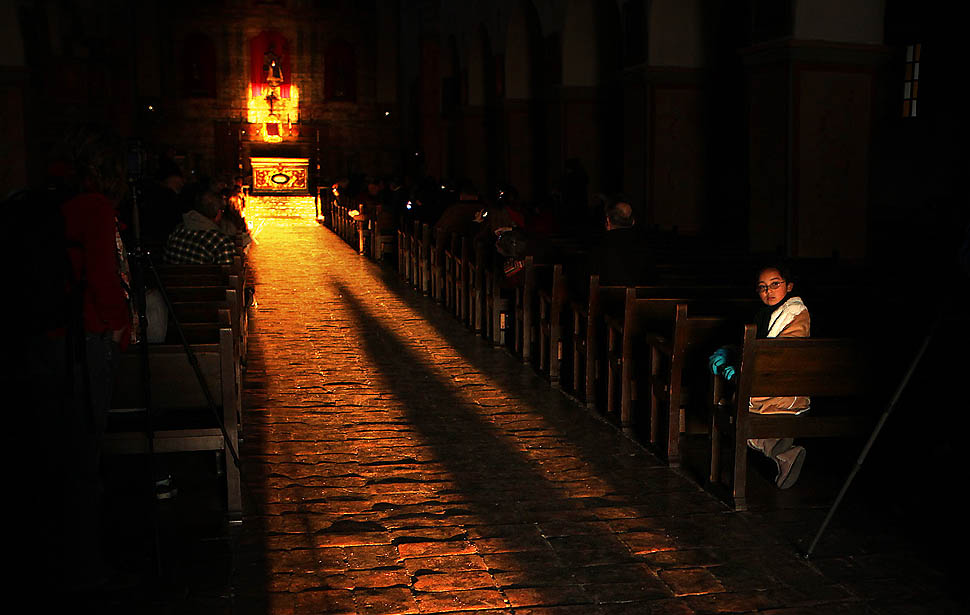If the events of recent days have demonstrated anything, it is that the Enlightenment ideals of human reason and rationality, which originated in France, cannot hold sway over the chaos of belief and irrationality.
 But that always was a Hobson’s choice. Is there another course altogether for human beings?
But that always was a Hobson’s choice. Is there another course altogether for human beings?
Is isn’t true, as Rebecca Newberger Goldstein states, “Against the tendency toward sectarian thinking we have no defense but the relentless application of reason.” Nor is it true that there is no choice but for sovereign nations to declare war on group of stateless actors.
Continuing down that path, there is no hope for the human race.
Reason is obviously preferable to unreason, but “the relentless application of reason” is a wholly inadequate response to the growing crisis facing humankind.
There is irony in the similarity between the religionist’s faith in belief and the secularist’s faith in reason.
Of course no less a philosopher than Spinoza saw reason as “our only hope and redemption,” as Goldstein puts it in extolling Spinoza’s “project of radical rationality.” But that supposed philosophical bulwark, running from Spinoza through Locke and Jefferson, has been sundered.
If feeling, reasonable people are not to be caught in the crossfire betweens belief and reason, between the surface order of thought and the underlying chaos of thought, then we will have to respond with more than mere reason.
Part of the dilemma is that few thinking people make the distinction between belief and faith, and between belonging to a religion and being religious. They assume faith means belief without evidence, even belief in the face of opposing evidence.
Beliefs, which are merely calcified ideas, are always essentially false. But there is another meaning to the word faith, as there is to the word religious. That is, an attitude and feeling, accompanied by and indeed driven by doubt, that there is more to life and humanity than the material dimension and the mind-as-thought.
To be sure, that attitude and orientation is getting harder to sustain, but it’s an essential aspect of the religious mind. Global terrorism, which began with 9.11 and was greatly abetted by the Bush-Cheney and Obama Administrations, is destroying more and more people’s faith in humanity.
Organized religions represent the codification and therefore the diminution of the insight that inspired them. But there is no conflict between faith, in the deeper sense of the word, and reason. There is simply a natural tension between the scientific and religious minds, which can and must exist in the same person.
Faith with doubt, and reason with faith represent different perspectives and different emphases in the human mind and brain. In a healthy individual, they go together in a balanced way.
Insight belongs exclusively to neither the scientific mind nor to the religious mind, yet it is essential to both. Science without insight becomes a lifeless enterprise of accumulating knowledge; religiosity without insight becomes encrusted theology and sterile belief.
Insight does not serve simply epistemological functions—it isn’t merely a handmaiden of knowledge. Rather, insight flows from and serves a higher purpose than the accumulation of knowledge.
Both belief and reason are products of thought. Insight is not. Insight is always in the moment, whereas beliefs and knowledge are of the past—the latter rightly and necessarily, the former wrongly and harmfully.
Therefore it’s the awakening of insight, not the application of reason, that is the way ahead for the individual and humankind.
Awakening the human brain’s capacity for insight to its fullest goes beyond creativity in all its forms. Creativity is a matter of having and applying insights. However the state of insight, as rare as it is, unites the mind and heart in timeless seeing and liberation.
The capacity to passively observe the mind into stillness, as well as the ability to use thought/reason with precision, is the mark of an intelligent life.
Does igniting insight within one allow one to participate in the ongoing actuality of cosmic creation?
Insight flows from the same ineffable source that gives rise to all energy and matter, which continuously animates the universe and potentially, the human being. Therefore awakening insight fully in the brain awakens the infinite source of creation in the human mind and heart.
The flash of insight is irreducibly holistic and non-verbal. But that pertains to insights, not insight per se. One can have insights into anything, as scientists, artists and inventors frequently do. But the state of insight is the silent and timeless awareness of the underlying actuality of life and the universe.
There is no supernatural realm that either supersedes or is separate from the natural world. The religious mind does not in any way impede the place of reason and evidence, which are essential to discover, formulate and convey the workings and laws of the universe.
But the religious mind sees, and heeds, the limits of reason, conceptualization, knowledge and thought. It holds that only the quiet mind can perceive and receive insight into the infinite, inseparable intelligence imbuing and underlying nature and the cosmos.
Ordinary human beings urgently need to awaken that capacity, or we may well all be finished.
Martin LeFevre

